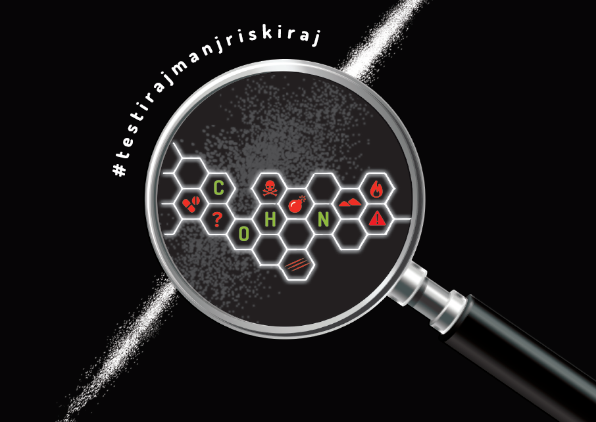Background
Based on the theories of reasoned action and planned behavior, this study aimed to investigate the impact of drug checking services (DCS) on clients’ consumption behavior and to assess the intention to use drugs based on DC results, underlying motives and the consistency between intention and actual behavior.
Methods
Two anonymous questionnaires were sent to the clients of a Slovenian integrated DCS (No = 364), the first when the DC results were returned by e-mail – including closed and open questions – and the second after 10–14 days to check whether the first intention was maintained.
Results
The results show that the information provided by the DCS fosters the intention to avoid the use when the substance tested is not the one expected (65.5% of cases), with a strong correlation between the level of health risk of the sample (adulterations, substance other than the one purchased) and attitudes towards drug use.
Conclusion
Although the results should be strengthened by including larger samples, the study has demonstrated the potential of DCS to reduce health risks, particularly among PWUD and provides an example of how the impact of DCS on behavioral choices can be investigated.
